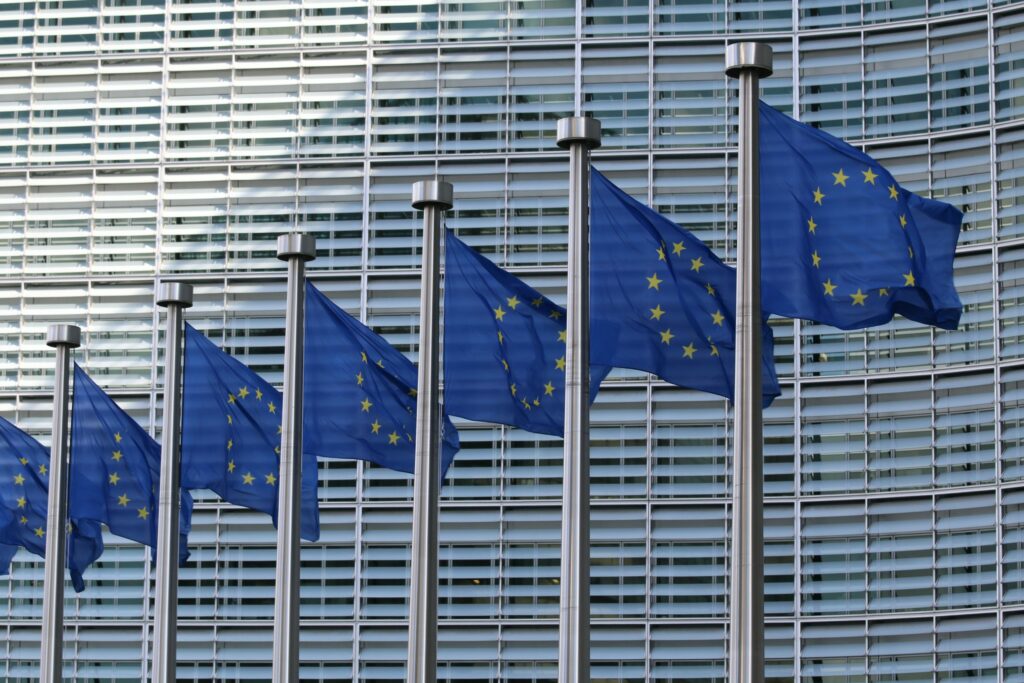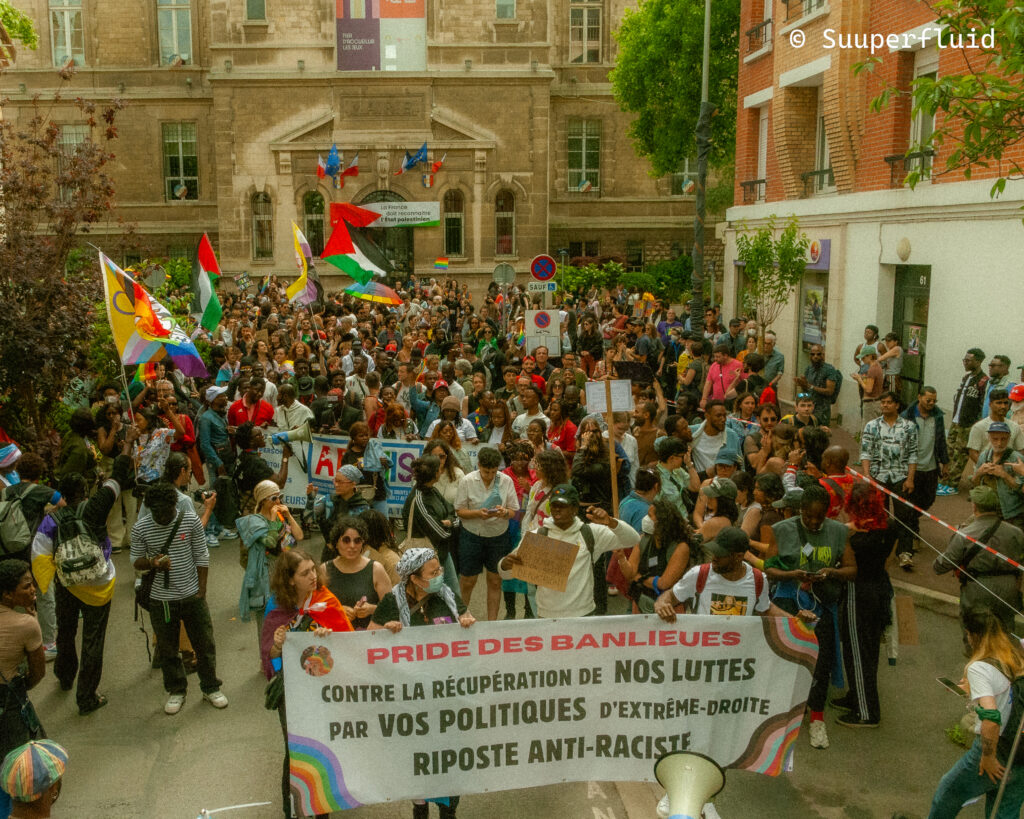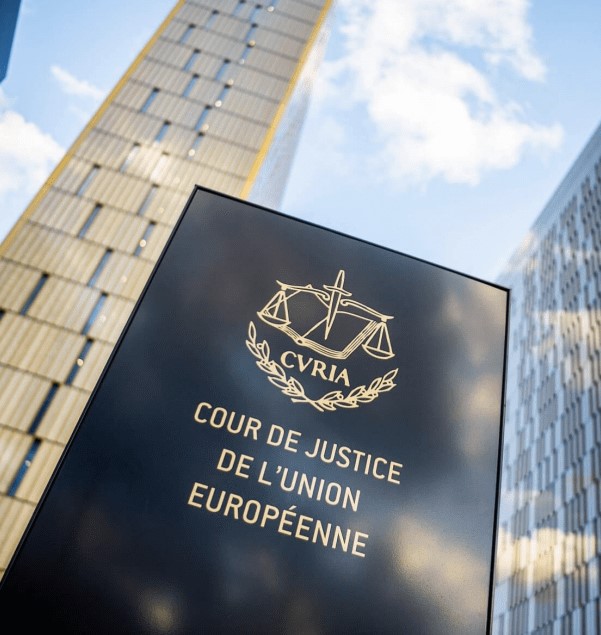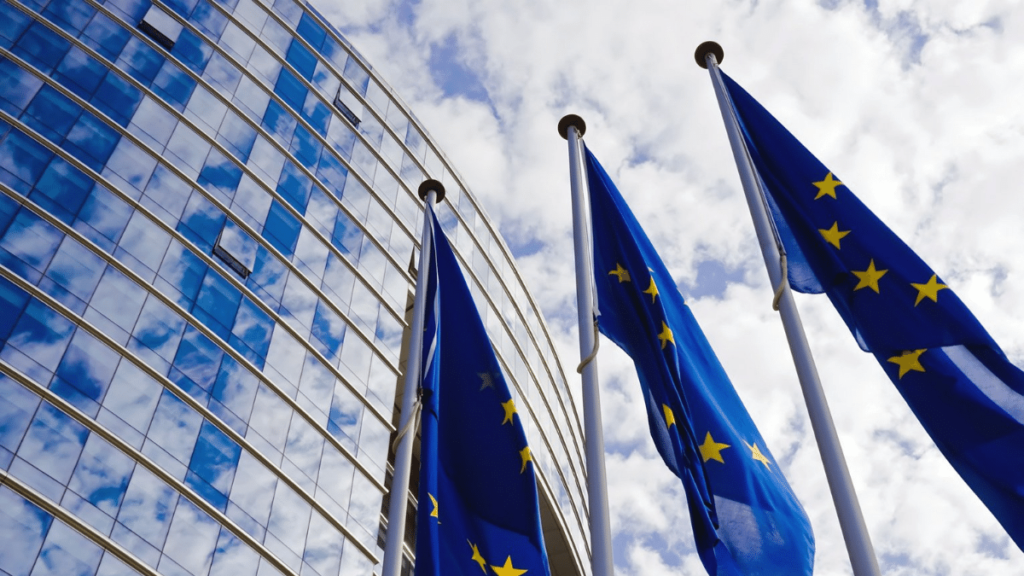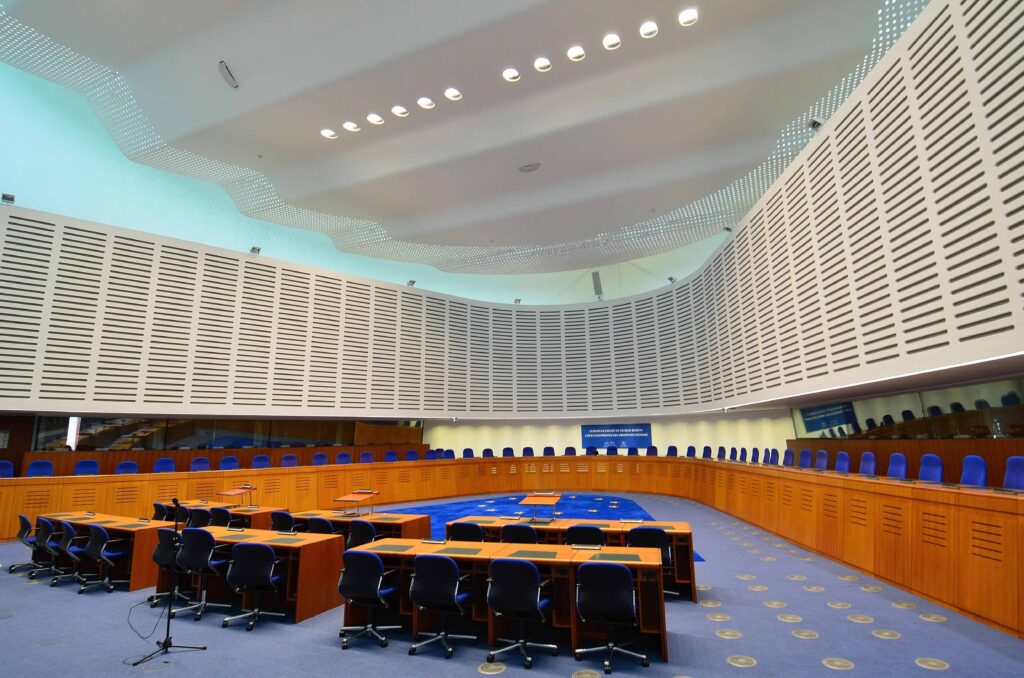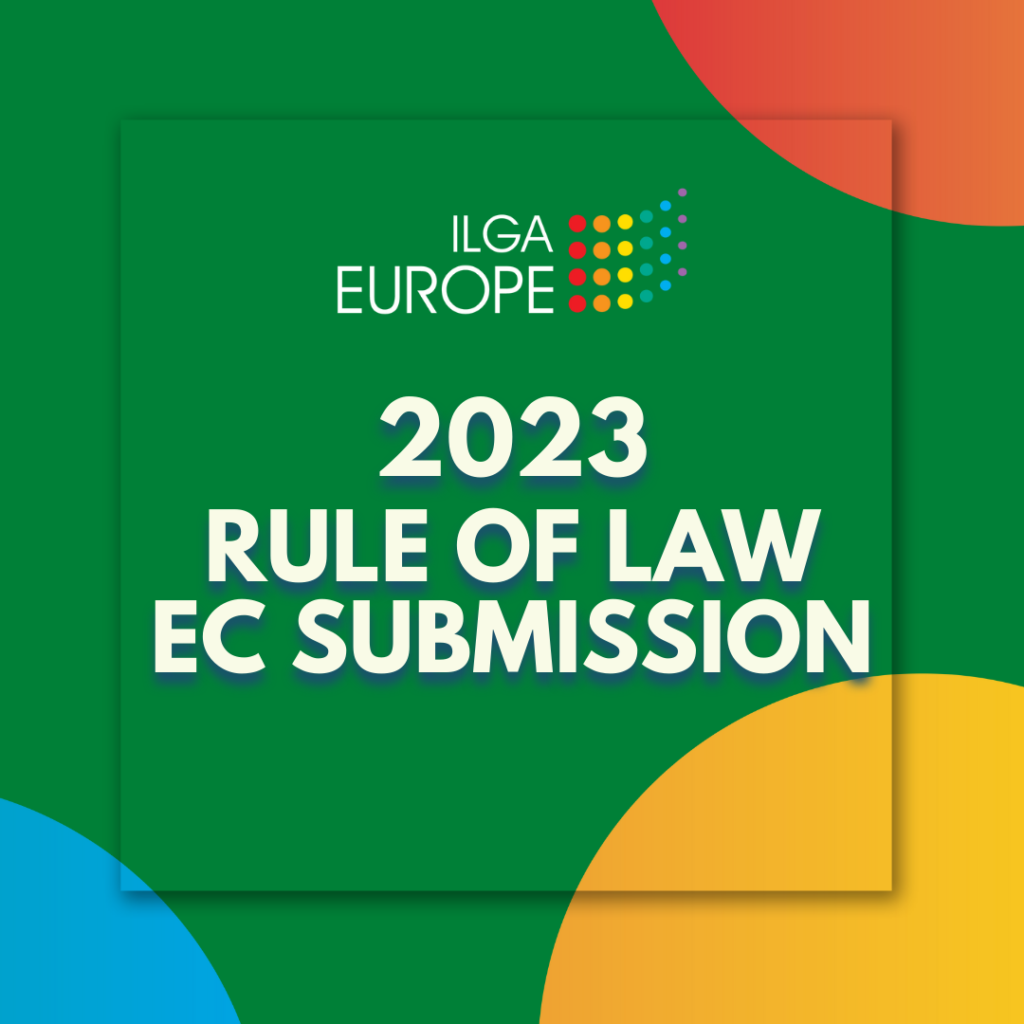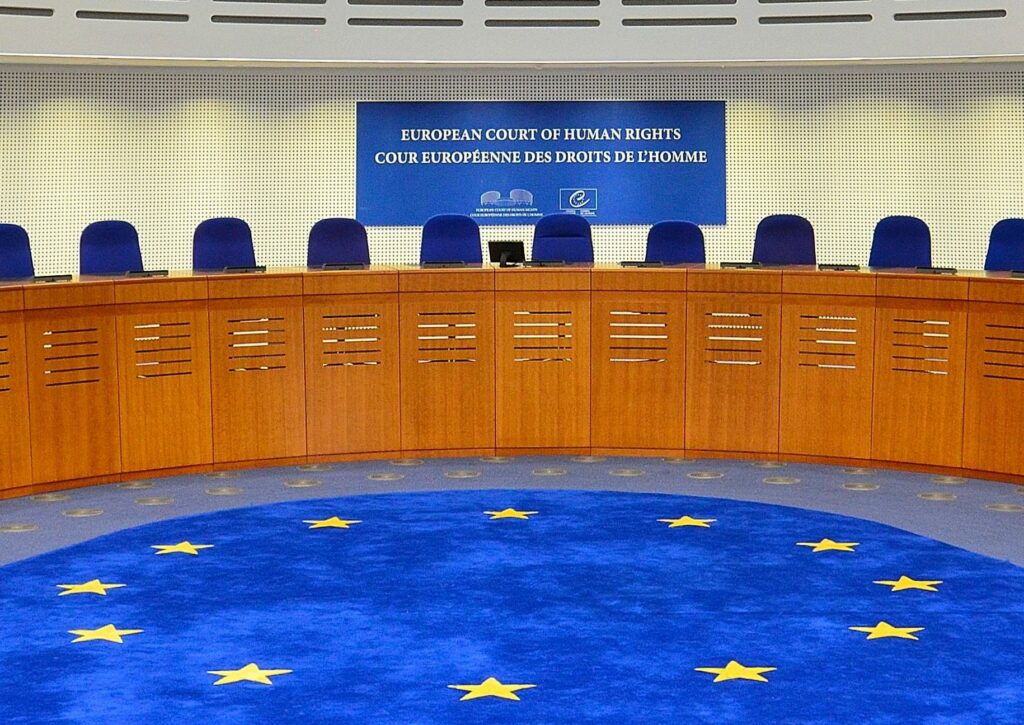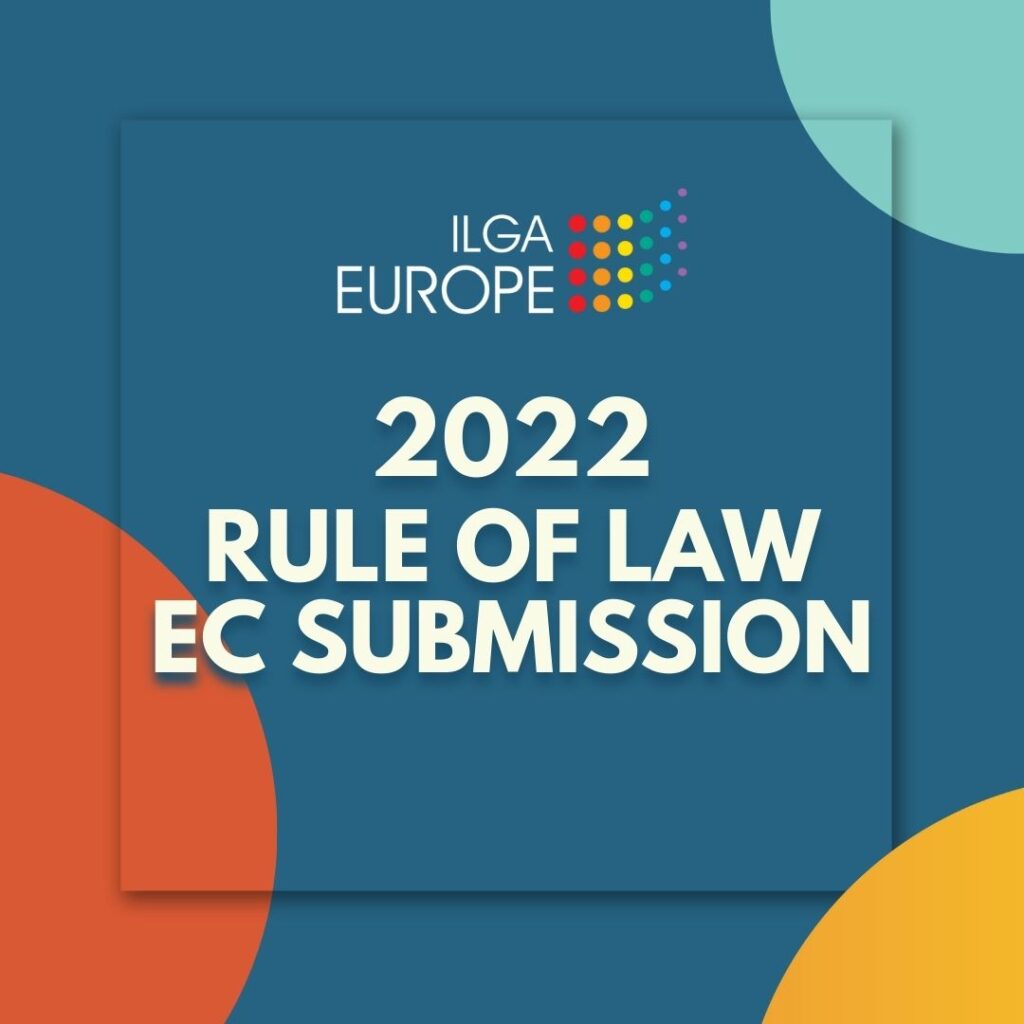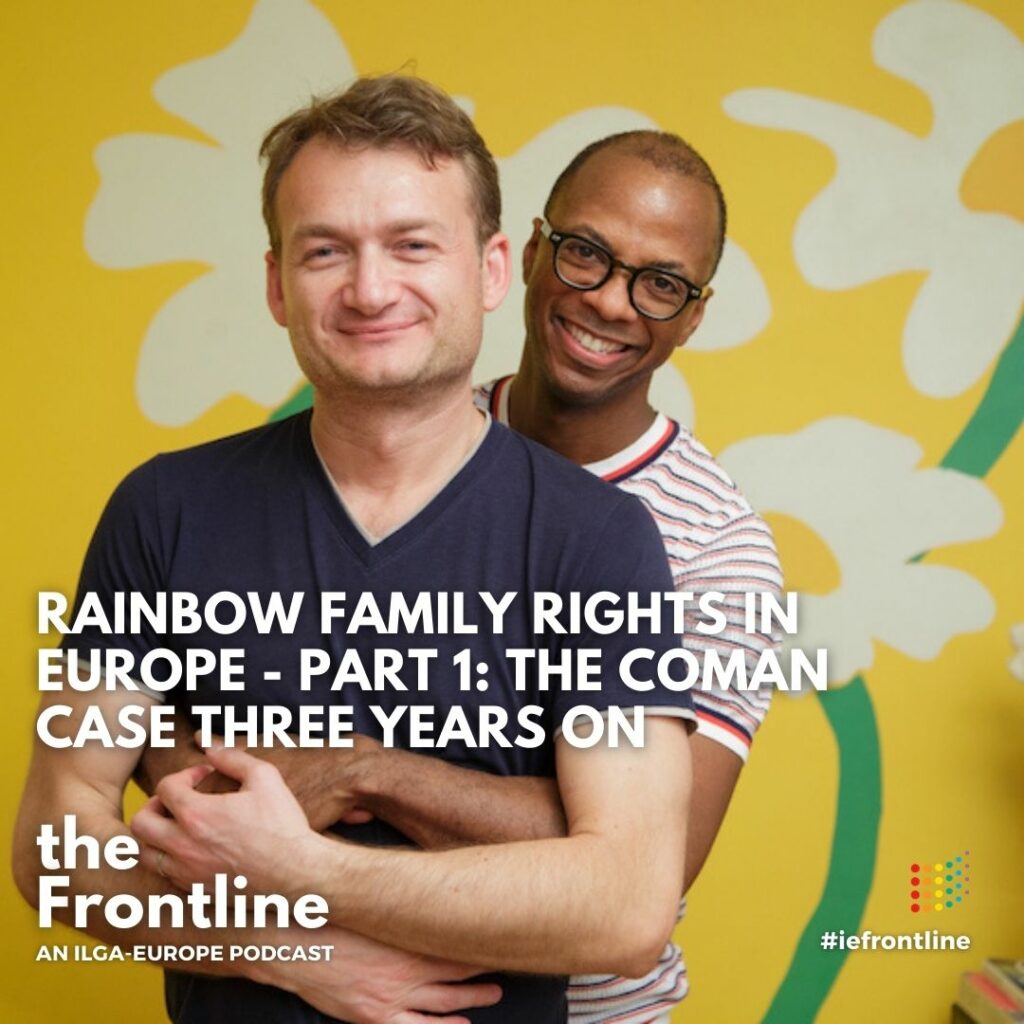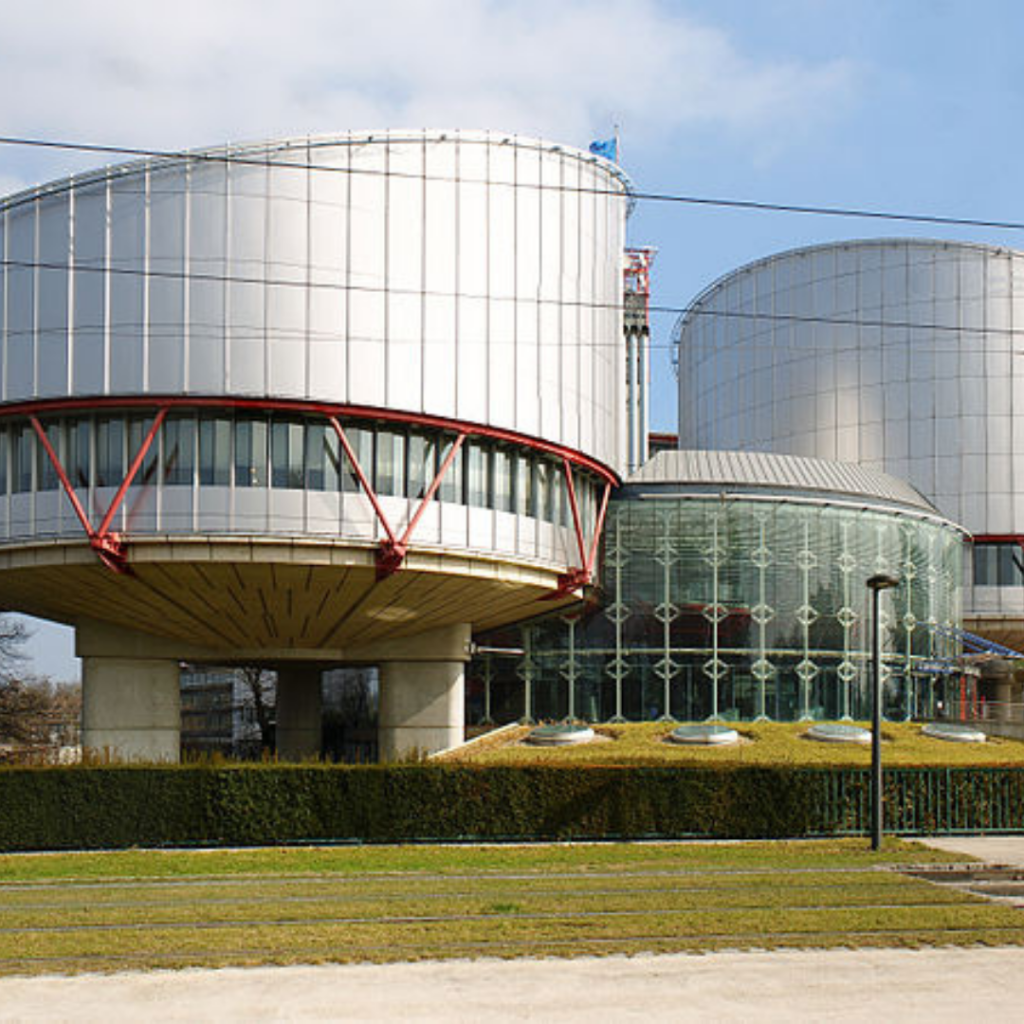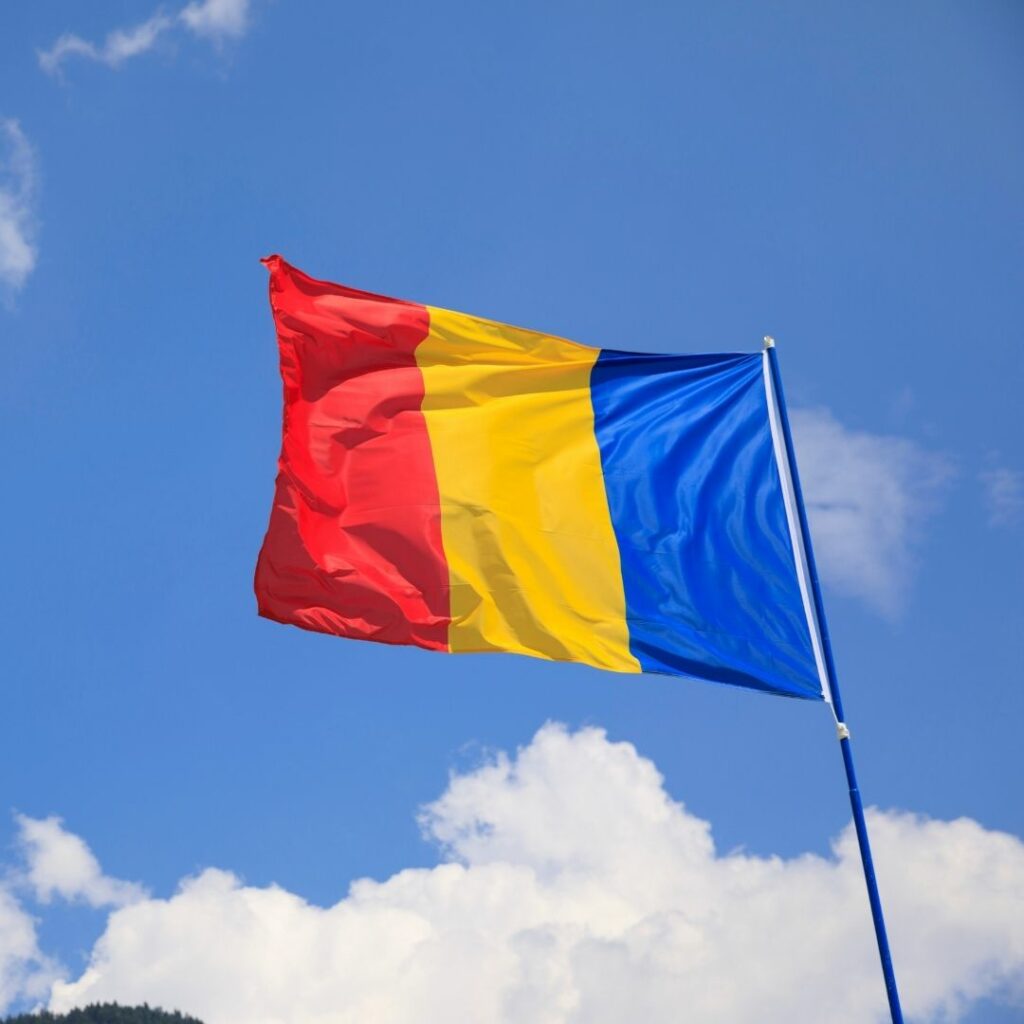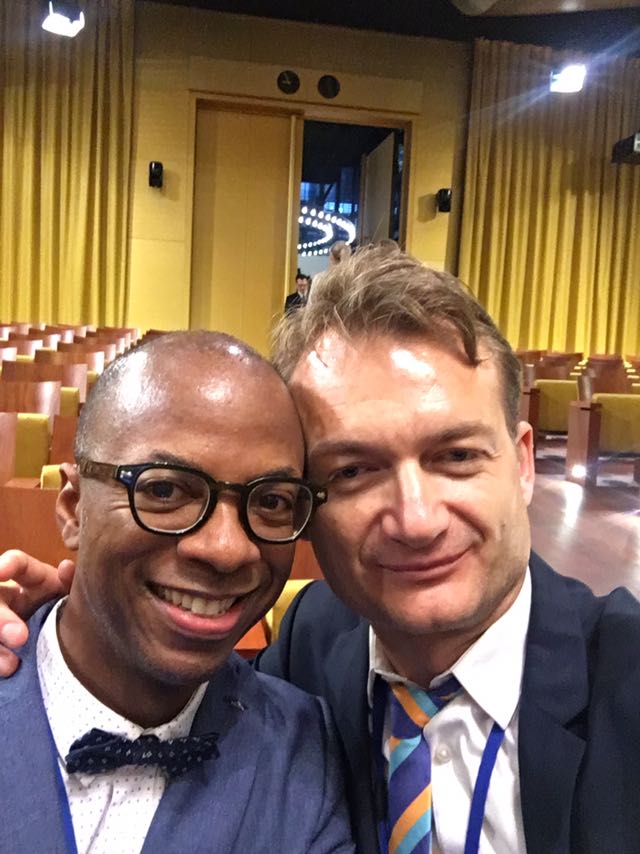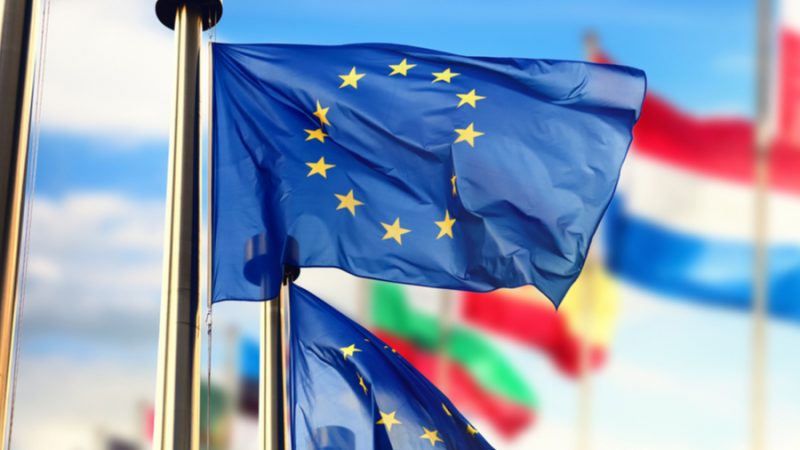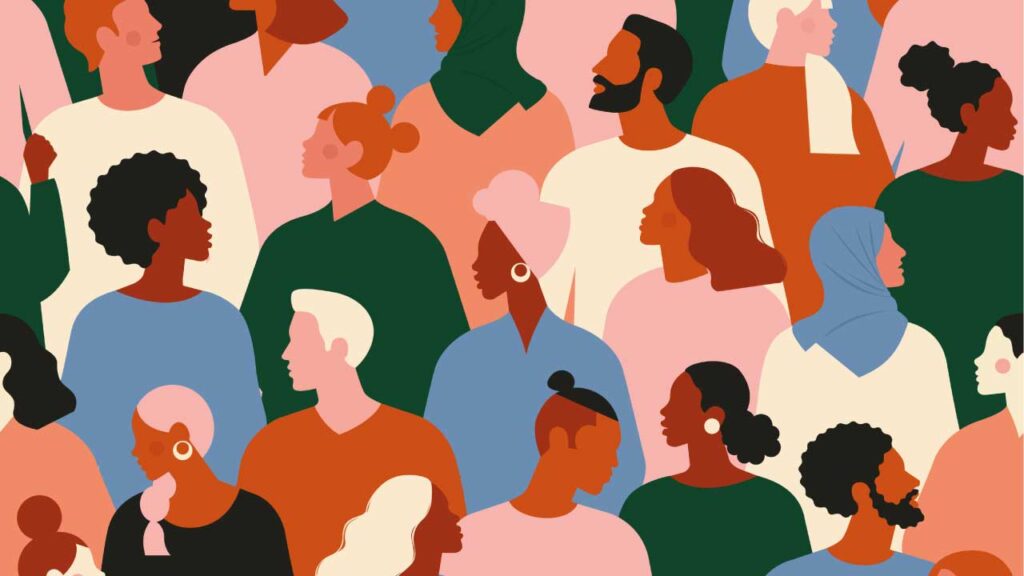Romania
Categories Score
The full bar chart stands for 100%, and is filled by the country category score. The colour display uses the traffic light palette, with Green representing a score closer to 100% and Red a score closer to 0%.
ASYLUM
This category looks into laws that expressly include SOGISC as a qualification criteria for seeking asylum. We also take into account other legislation, policies, instruction or positive measures by state actors that are related to asylum addressing the needs and rights of LGBTI asylum seekers and refugees.
Criteria Compliance Ratio
Each pie charts stands for a category and is divided in slices by criteria. When a country complies with a criteria – fully or in some regions – the slice is coloured.
Keep in mind the criteria have different weighting factor within a category; for example, the criteria Prohibition of medical intervention without informed consent (intersex) stands for half (2.5%) of the INTERSEX BODILY INTEGRITY category weighting factor (5%). Meaning that even if a country can only comply with this specific criteria within the category (1/4 total criteria) the category scores 50%.
More information on the categories and criteria weighting factors here.
Category & Criteria Table
The table lists detailed information and insights on legislation supporting each criterion status. Please use the filters for in-depth analysis.
n/a = not applicable, meaning the criteria didn’t exist in the previous Rainbow Map edition (PROGRESSION column)
- Complies
- Applicable in some regions only
- Does not Comply
RECOMMENDATIONS
In order to improve the legal and policy situation of LGBTI people in Romania, ILGA-Europe recommend:
- Adopting legal measures to recognise and protect same-sex couples, such as registered partnership.
- Introducing policies tackling hate crimes and hate speech with express mention of all SOGIESC (sexual orientation, gender identity, gender expression, sex characteristics) grounds.
- Developing a fair, transparent legal framework for legal gender recognition, based on a process of self-determination and free from abusive requirements (such as sterilisation, GID/medical diagnosis, surgical/medical intervention, compulsory divorce or age restriction), and that includes a non-binary or third gender option.
Annual Review of Romania
In our Annual Review of the Human Rights Situation of LGBTI People in Europe and Central Asia, we examine the advances made and provide concrete examples of on-the-ground situations at national level country-by-country in the 12 months from January to December 2024.
Read our Annual Review of Romania below for more details and stories behind the Rainbow Map. You can also download the Annual Review chapter (.pdf) covering Romania.
-
In January, Romania’s National Council for Combating Discrimination (CNCD) ruled in favour of a printing house that refused to print leaflets on lesbian rights. The CNCD justified the decision by prioritisng the Constitutional freedom of conscience over anti-discrimination laws. Although the legislative framework allows for the publishing, distribution, and sale of materials that advocate for or raise awareness about the human rights of LGBTI persons and explicitly prohibits discrimination based on sexual orientation, the refusal was based on the grounds that the content did not align with “Christian principles.”
In October 2024, the European Court of Justice (ECJ) issued a landmark ruling in Case C-4/23 Mirin, which clarified that Romania must automatically transcribe any changes in name and gender marker made through legal gender recognition in another EU Member State, without requiring additional internal procedures, reinforcing their rights to free movement.
-
Several individuals from countries where being LGBTI is criminalised have sought assistance from ACCEPT Association to access asylum in Romania.
-
The 2024 presidential and parliamentary elections in Romania have highlighted the rise of far-right influences, also triggered an increase in hate speech against LGBTI people. Călin Georgescu’s electoral score for his candidacy in the first presidential elections round provided a platform and incentive for the re-emergence of discriminatory attitudes, intensifying hate speech against the LGBTI community.
The ACCEPT Association filed a criminal complaint after a Tiktok video of an interview clip of a participant in an LGBTI rights protest who was talking about marriage rights for same-sex couples, was edited to depict violent acts, suggesting physical violence as a justified response to LGBTI people talking about their rights. The video received over 200,000 views and 20,000 likes, along with hateful and dehumanising comments, with users agreeing that violent methods should be used against LGBTI people. A Zelist.ro analysis of social media and blog activity during the the elections campaign period (November 1 to December 5) revealed an increase in references to the LGBTI community. While these mentions initially rose moderately before the first presidential round, anti-LGBT propaganda increased after candidate Călin Georgescu advanced to the second round. Georgescu advocated for a return to criminalising homosexuality under previous Article 200 in the Penal Code. His opponent, Elena Lasconi, affiliated with a progressive party, but still lacking a clear pro-LGBTI agenda, inadvertently fueled these tensions. Official social media accounts of PSD (Social Democratic Party) and AUR (Alliance for the Union of Romanians) amplified these messages, further mainstreaming discriminatory rhetoric.
The parties Alliance for the Union of Romanians (AUR) and SOS Romania, which acquired eight seats at the European Parliament during the latest European Elections, relied on disinformation as well as on LGBTI-phobic and ultra-nationalist discourse in their social media campaigns.
Mihai Enache, the AUR candidate for Bucharest Mayor in the 2024 local elections, is facing accusations from LGBTI activists for hate speech after making controversial statements during his electoral campaign. The ACCEPT Association filed a complaint with the National Council for Combating Discrimination (CNCD) against Enache, accusing him of discriminatory remarks. The complaint cites several Facebook posts made by Enache, in which he criticised the Central Electoral Bureau’s guidelines on interacting with trans people and expressed his intention to protect children from what he referred to as “deviant ideologies”. There has been a hearing on this case and the ruling is expected in 2025.
ACCEPT has filed multiple complaints with the National Audiovisual Council (CNA) regarding LGBTI-phobic comments aired on public platforms, with broadcasters failing to adequately moderate the content of political guests’ statements. One significant case involved MEP Cristian Terheș, who made discriminatory remarks against non-binary people following the Eurovision Song Contest, where a non-binary artist won the top prize. ACCEPT’s complaint led to sanctions against the station.
In another case, MEP Diana Ivanovici Șoșoacă, has also been active in promoting anti-EU and anti-LGBTI rhetoric, frequently sharing such views on her social media platforms.
-
The reporting of hate crime cases remains low. In December, ACCEPT Association launched a reporting platform that makes it easier for people to report hate crimes and be referred to counseling, or just document what has happened to them.
-
Romania still has no regulation concerning medically unnecessary treatments performed on intersex children, which is still a common practice in the medical field.
There is no specific law banning conversion practices in Romania, and efforts to introduce broader protections for LGBTI people have been limited. Professional bodies, including the Romanian College of Psychologists, do not issue guidelines prohibiting conversion therapy and, as many of these practices occur within conservative or religious communities, they are often disguised as religious or medical interventions. The spokesperson for the Romanian Orthodox Church, until early 2024, made statements promoting the idea that “homosexuality is reversible,” reflecting a broader conservative stance that hinders the acceptance of LGBTI rights and complicates efforts to end conversion practices.
-
A survey by the ACCEPT Association, titled Attitudes and Perceptions Towards the Need for Protection and Recognition of LGBTI Families in Romania, highlighted increasing acceptance of LGBTI people and same-sex families in the country. The findings revealed that 70% of Romanians believe same-sex couples should be legally protected, and 56% support marriage or other forms of legal recognition for same-sex families—an increase of 13 percentage points compared to previous studies. The survey also underscored specific inequalities faced by LGBTI people: 69% of respondents found it unjust that LGBTI people cannot inherit from their partners, and 67% deemed it unfair that they cannot visit their partners as next of kin in hospitals.
Disaggregated data on LGBTI people is still not being collected. In a series of information requests submitted by ACCEPT under Law 544/2001 on free access to information to Population Registries across various counties, inquiries were submitted about the number of applications submitted by LGBTI people. The institutions responded that they do not collect data based on this criterion.
-
A new pre-university education law took effect at the beginning of the 2023/2024 school year, introducing the creation of a body aimed at combating discrimination within the educational system. This move sparked controversy and led to a wave of misinformation, particularly around an “Educational Contract” included in the legislation. Some sources falsely claimed that parents or school principals who refuse to sign this contract could face heavy fines or even community service penalties.
Clauses promoting diversity and inclusivity are portrayed as “hidden agendas to advance gender theory and LGBTI rights”, fueling a wider anti-gender and anti-LGBTI discourse. In addition, a legislative proposal was introduced by former AUR deputy Mihai Lasca, who founded Patrioții Poporului Român (Patriots of the Romanian People – PPR), to censor LGBTI issues in schools, the media, and public spaces. His proposal also aims to ban pride marches and public assemblies on related topics, claiming inspiration from Viktor Orbán’s policies in Hungary.
-
In January, the CNCD ruled against a Bucharest printing house that had refused to print posters with pro-LGBTI messages.
Nonetheless, several NGOs accused the CNCD of increasingly straying from its mission to uphold non-discrimination principles. The NGOs denounced the body’s decision not to sanction the printing house, as opposed to a previous case where the council sanctioned an art exhibition considered offensive to Christians.
In June, the AUR urged all Romanian political parties to endorse a “National Pact for Saving the Innocence of Children.” Among other provisions, the Pact entails the prohibition of alleged ‘LGBTI propaganda’ towards children.
Another such legislative initiative also was registered in the second half of the year, initiated by former AUR members and PSD. The draft also bans the broadcasting prior to 22.00hrs of programmes that promote or present gender reassignment, homosexuality or any identification with a gender other than the biological one. It also obliges broadcasters to “classify media content according to the potential impact on minors in relation to LGBTQIA+ ideology.
-
In Romania there is still no legal recognition and protection of same sex families and there continues to be no implementation of the Coman judgement, despite the pre-infringement procedure launched by the European Commission in 2020. A working group coordinated by the Romanian Ombudsperson in cooperation with ACCEPT Association was created to identify solutions to implement ECtHR and CJEU judgments related to LGBTI rights.
In February, the AUR party launched an initiative to amend the Constitution to define family strictly as a union between a man and a woman, replacing the term “spouses” with “man and woman.” The initiative sparked protests by the LGBTI community at the AUR headquarters in Bucharest and was widely condemned by a consortium of LGBTI organisations, which highlighted the ongoing attacks on civil rights and freedoms in Romania. The initiative required 500,000 signatures from at least half of Romania’s counties by August 1, 2024. Despite high-profile campaigns and endorsements by parties, the proposal failed to meet the required threshold, marking the second such failure in recent years.
In February, the Minister of Family, Youth, and Equal Opportunities, Natalia Intotero, announced plans to draft a new Family Law aimed at encouraging the birth rate and defining the family. Despite the legislation’s potential impact on diverse family structures, including same-sex families, LGBTI rights organisations were excluded from the consultation process, leading 30 NGOs to submit a letter to the Ministry expressing concerns about the exclusion of same-sex families in favour of religious groups like the Christian Office for Rights and Freedoms (OCDL).
More than one year after the ECtHR judgment in the Buhuceanu And Others V. Romania case became final, stating that Romania is obliged to ensure a legislative framework so that same-sex families are protected and recognised, no action plan for its implementation has been put in place and the draft plan only states that the Government translated the decision and sent it to other institutions and authorities. At the time, Prime Minister Marcel Ciolacu, now a presidential candidate, publicly stated that he does not intend to respect the judgment, stressing that Romania is not ready to recognise same-sex families. Romania’s deadline to submit an action plan addressing the ECtHR’s judgment was March 25. The final document lacked specific measures and included only the translation, dissemination, and internal discussions of the judgment.
In October Romanian Prime Minister Marcel Ciolacu sparked controversy when he questioned the need to introduce civil partnerships for same-sex couples, claiming that LGBTI citizens already enjoy equal rights. The MozaiQ Association strongly criticised Ciolacu’s remarks, asserting that they reflect a misunderstanding of the needs of LGBTI citizens. They pointed out that without civil partnerships, same-sex couples lack critical legal rights, including inheritance, medical decision-making, access to a partner’s pension, and joint property ownership.
-
Extremist MPs Mihai Lasca and Dumitru Focșa (former members of AUR and current members of the Patriots of the Romanian People party) presented a proposal to forbid “LGBTI propaganda” in schools, media and demonstrations such as Pride.
Bucharest Pride march saw a record-breaking turnout of over 27,000 participants, making it the largest march to date. This year’s celebrations were marked by a peaceful atmosphere, with no major incidents reported. Cluj Pride also saw a strong turnout with hundreds attending the event, despite a counter-protest by the “Family Meeting” group nearby, ensuring the event proceeded without incident. In Iasi, 1,500 people attended the Pride event safely, and in Timisoara, 1,500 people also participated without any issues. Brasov Pride was attended safely by 200 people.
ARK Oradea, the organisation behind Oradea Pride, accused local authorities of homophobia and transphobia after repeated refusals by the city to permit their events, prompting ARK to organise a protest at the city hall. During the protest, which drew around 50 participants, both ARK Oradea and a counter-protester who incited violence were fined, as the demonstration lacked authorisation.
Attempts to thwart Pride march organisations continued from local authorities in Timișoara, such as by refusing to hold the march on religious holidays, which is a frequent justification brought up in attempts to limit LGBTI assembly.
-
A study by MozaiQ Association revealed significant gaps in healthcare services for LGBTI people. Queer women reported feeling unsafe during visits to obstetricians, gynecologists, and even in ambulances. Additionally, the study highlighted the lack of established procedures for trans healthcare, rendering it inaccessible and experimental. Furthermore, 23% of respondents living with HIV experienced medication shortages in hospitals. Trans people who have undergone legal gender recognition no longer have access to medical services specific to their reproductive health as the system does not allow the reimbursement of gynecological procedures for people with documents reflecting the male gender, nor urological procedures for people with documents reflecting the female gender.
-
Ahead of the 2024 local and European Parliament elections, a proposal to ensure the inclusion of trans people in the electoral process faced significant opposition from civil society groups and political actors. Opponents argued that trans people do not have the right to legal gender recognition under Romanian law. The proposal, submitted by the ACCEPT Association to the National Electoral Bureau, aimed to address issues faced by trans persons during previous elections, such as the refusal of their right to vote due to discrepancies between their civil status documents and their gender identity or expression.
-
In February, the Court of Justice of the European Union (CJEU) heard the case of Case C-4/23 Mirin, involving a Romanian-British trans man who had legally changed his gender marker and name in the UK but faced challenges in having these changes recognised in Romania. In October, the CJEU ruled that Romania, along with all other EU Member States, must recognise and automatically transcribe changes in name and gender marker made through legal gender recognition in another Member State. The court emphasised that this process must occur without the need for additional procedures, ensuring seamless recognition of gender identity across the EU.
The Working Group coordinated by the Romanian Office of the Ombudsperson has taken steps to address the implementation of the X and Y judgment (CJEU cases 2145/16 and 20607/16) and advocate for a legal gender recognition procedure in Romania. Despite these efforts, there has yet to be a legislative initiative.
-
This year marked significant milestones for LGBTI representation, with Nicu Ștefănuță, a pro-LGBTI advocate, elected to the European Parliament on an inclusive platform. Additionally, Romania now had its first openly LGBTI candidate, Florin Buhuceanu, running in the December parliamentary elections.
Two LGBTI new community centres opened in Romania this year, leading to a total of four such centres in the country.
Ahead of the 2024 Romanian Presidential Elections, the Central Electoral Bureau (BEC) distributed to relevant election bodies Guidelines for Interaction with Trans Persons, developed and provided by ACCEPT Association. No major issues were reported by trans voters.
Cases of systemic discrimination on the basis of HIV infections have been reported to ACCEPT, especially in the context of employment in the Ministry of Internal Affairs and in the army.
The Romanian queer film ‘Trei Kilometri Până la Capătul Lumii’ gained international recognition by winning the Queer Palm at Cannes 2024.
In December, ACCEPT Association filed complaints against AUR and PSD for using discriminatory campaign materials targeting the LGBTI community during the parliamentary elections.
-
The 2024 Presidential and Parliamentary electoral campaigns highlighted deep societal divisions, with far-right rhetoric dominating political discourse. Anti-LGBTI propaganda surged after candidate Călin Georgescu advanced to the presidential election’s second round. His platform’s emphasis on “traditional family values” and opposition to LGBTI rights intensified online hate speech and led to direct threats against organisations.
The controversy surrounding Imane Khelif’s participation in the Olympics caused a rapid spread of disinformation and transphobia in media and online spaces. False claims that Khelif, a female athlete, was “actually a man” gained traction, amplified by influential foreign figures such as J.K. Rowling and Elon Musk.
-
Romania is still lacking mandatory sex education. This is due to the fact that, in 2020, the Constitutional Court ruled that the bill that deleted “sanitary education” from the law on the rights of the child, was constitutional. Although the Education for Health class covers sexuality to some extent, very few schools teach it.
The full Annual Review for 2025 is available here.

